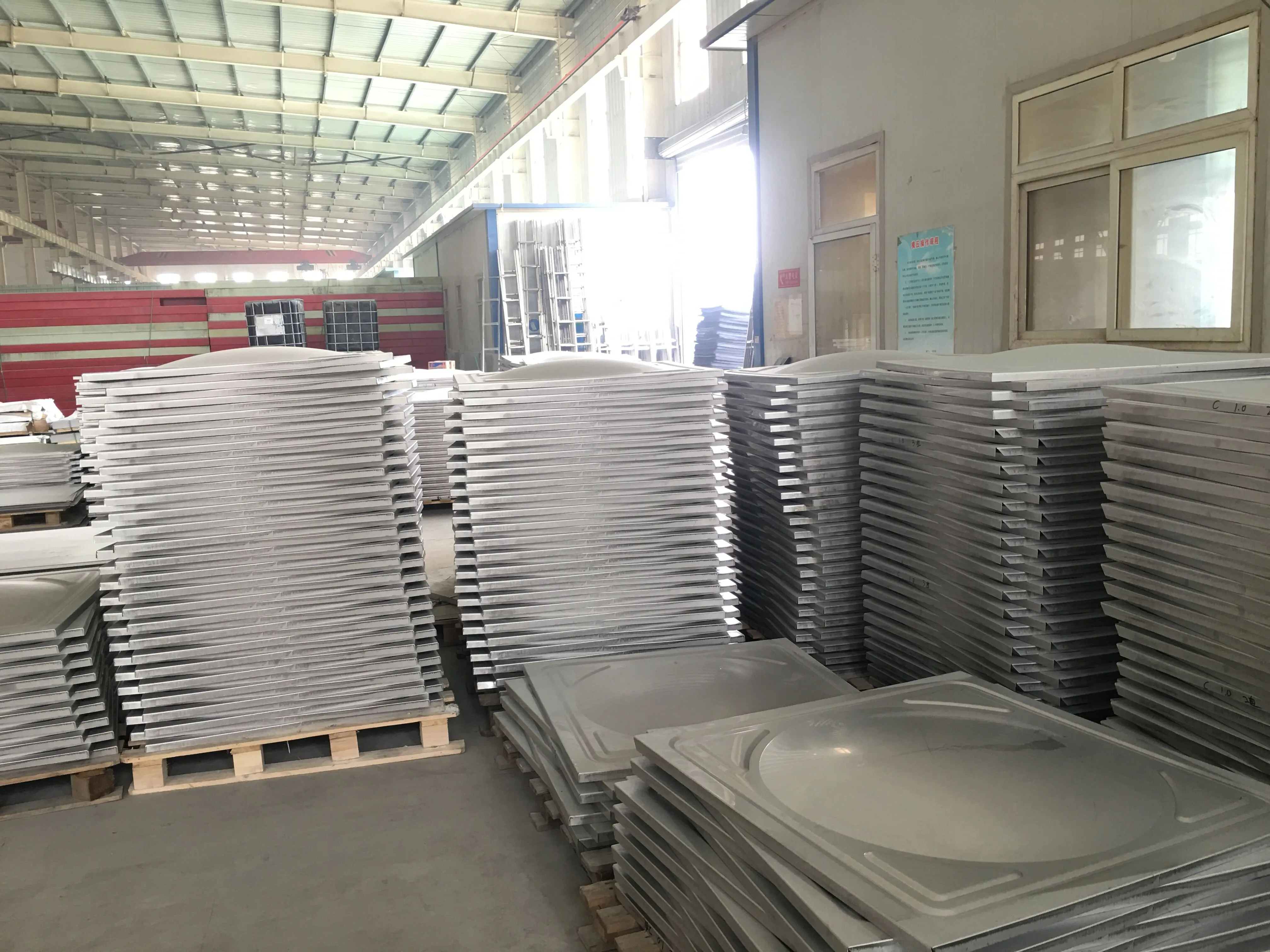- No. 9, Xingyuan South Street, Dongwaihuan Road, Zaoqiang County, Hengshui, Hebei, China
- admin@zjcomposites.com
- +86 15097380338
- Welcome to visit our website!
Hard Water Treatment Solutions - Improve Water Quality & Softening Systems
Understanding Hard Water Treatment Effective Solutions for Homeowners
Hard water is a common issue faced by many homeowners, characterized by high mineral content, particularly calcium and magnesium ions. While hard water is not harmful to health, it can lead to various problems around the home, including scale build-up in pipes and appliances, reduced efficiency of soap and detergents, and unsightly stains on fixtures and clothing. Therefore, understanding how to treat hard water is essential for maintaining the longevity of plumbing systems and enhancing daily household tasks.
The Importance of Hard Water Treatment
Hard water can be detrimental to both plumbing systems and household appliances. Over time, mineral deposits accumulate in pipes, leading to reduced flow rates and potential blockages. Appliances such as dishwashers, washing machines, and water heaters can also suffer from scale build-up, which decreases their efficiency and lifespan. Additionally, the presence of hard water can result in dull laundry, spotty dishes, and dry skin and hair after washing. This represents not just an inconvenience, but also a financial burden due to increased utility bills and the cost of repairs or appliance replacements.
Common Hard Water Treatment Methods
1. Water Softeners One of the most effective methods for treating hard water is through the installation of a water softener. These systems work by exchanging calcium and magnesium ions with sodium or potassium ions, thereby reducing the hardness of water. Ion-exchange softeners can be installed at the point of entry in a home, ensuring that all water used is softened.
2. Reverse Osmosis (RO) Systems While primarily used for drinking water purification, RO systems can also help in softening water. They effectively remove a wide range of contaminants and minerals from water, including those that contribute to hardness. This system is ideal for homeowners looking for drinking water that is both safe and soft.
hard water treatment

3. Chemical Treatments There are various chemical methods available, such as using sodium hexametaphosphate, which helps to prevent scale formation and reduce hardness. While effective, these solutions may require careful handling and monitoring to ensure safety and effectiveness.
4. Magnetic and Electronic Water Conditioners These devices claim to alter the physical properties of minerals in water, preventing them from forming scale. However, scientific evidence supporting their efficiency is limited, and homeowners should conduct thorough research before investing in these systems.
Choosing the Right Solution for Your Home
When selecting a hard water treatment solution, homeowners should consider factors such as the level of hardness in their water, the size of their household, and budget constraints. It may be helpful to conduct a water test to determine the specific hardness level and associated minerals present. Once the specifics are understood, consulting with a professional can guide homeowners toward the most appropriate treatment method for their needs.
Conclusion
Hard water is a widespread issue that can lead to various complications in daily life. Implementing effective hard water treatment solutions not only protects plumbing and appliances but also enhances the overall quality of water used in the home. By understanding the available treatment options, homeowners can make informed decisions that promote efficiency, extend appliance life, and improve their quality of life. In doing so, they can tackle the challenges posed by hard water head-on, ensuring a more comfortable and efficient home environment.
-
GRP Structures: The Future of Lightweight, High-Performance EngineeringNewsJun.20,2025
-
FRP Water Tank: High-Performance Storage for Corrosive and Clean Water SystemsNewsJun.20,2025
-
FRP Square Tube: The New Industry Standard for Chemical and Structural ApplicationsNewsJun.20,2025
-
FRP Pultruded Profiles: The Ultimate Choice for Lightweight Structural StrengthNewsJun.20,2025
-
FRP Handrails: The Safer, Smarter, and Stronger Choice for Modern InfrastructureNewsJun.20,2025
-
FRP Grating: The Smart Solution for Durable, Lightweight Industrial FlooringNewsJun.20,2025
-
Why Choose a Galvanized Water Tank for Your Storage NeedsNewsMay.21,2025
